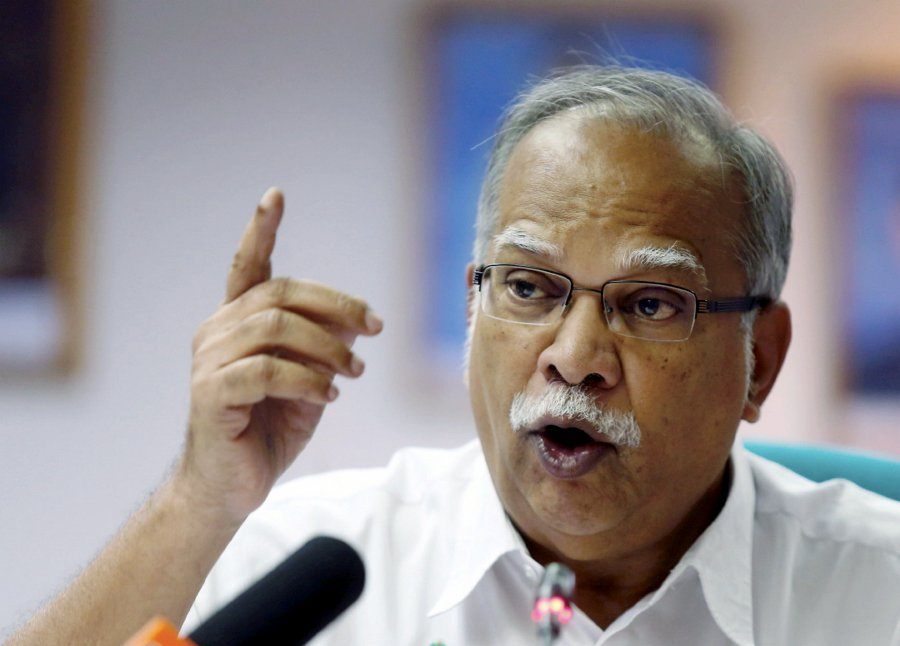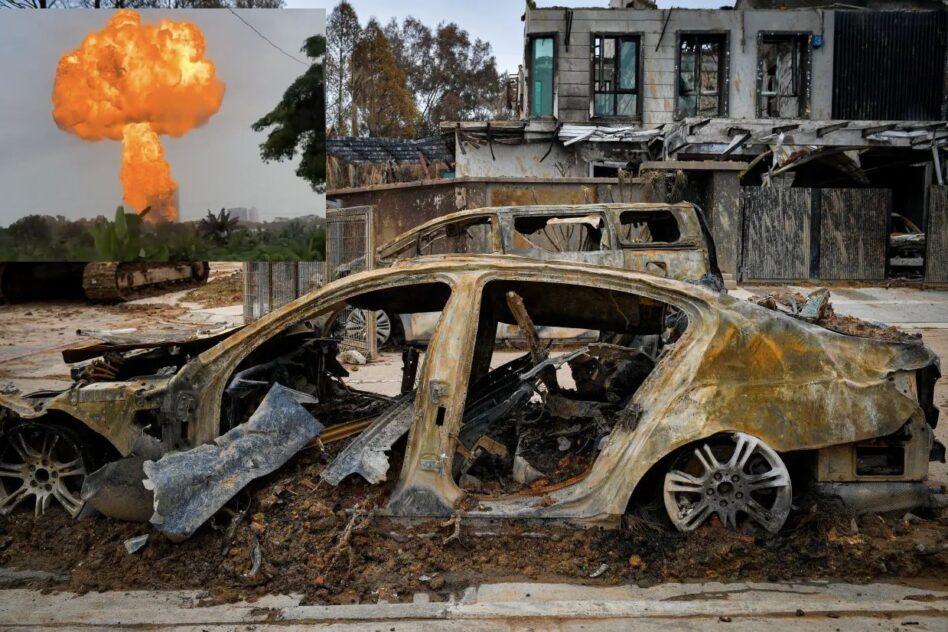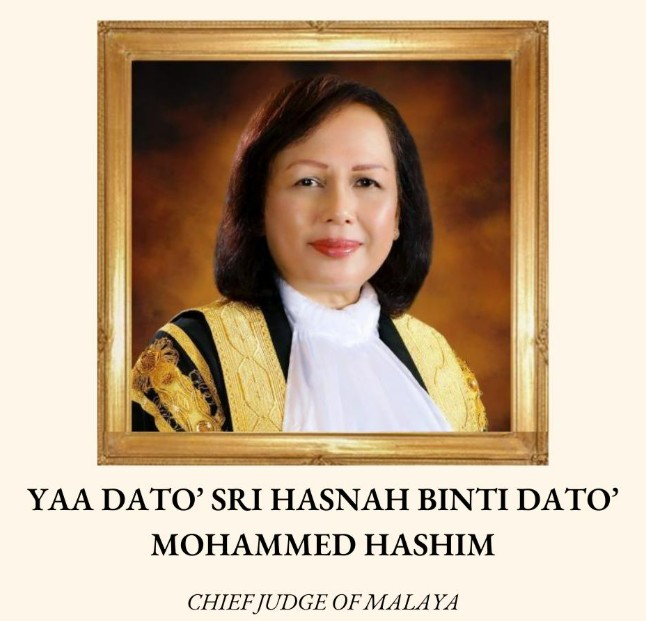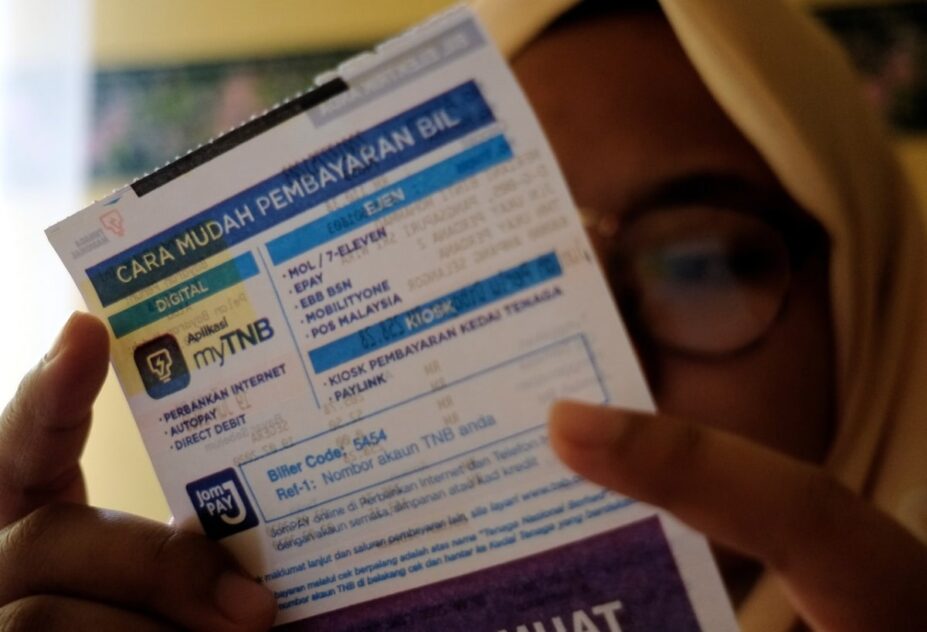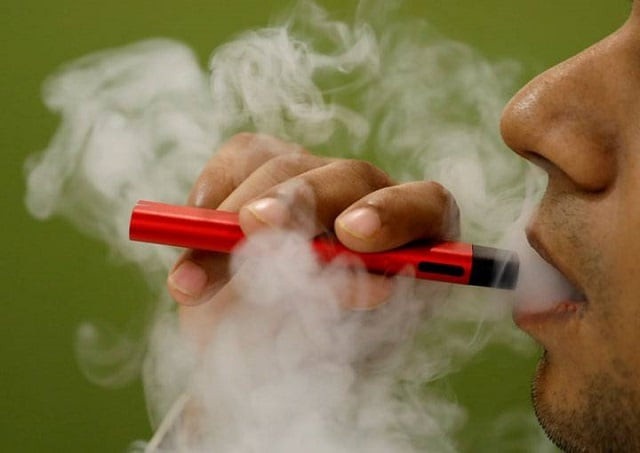PENANG Deputy Chief Minister II P Ramasamy has criticised Plantation Industries and Commodities Minister Datuk Zuraida Kamaruddin for her inability to differentiate between working parolees and forced labour.
Ramasamy said this in response to Zuraida who on Thursday (March 10) urged the West not to include working parolees as an indicator of forced labour.
She also said countries that labelled working parolees as forced labour were against the spirit of the UN Sustainable Development Goals which call for inclusivity and an end to discrimination of vulnerable groups.
“This is a typical example of an irresponsible minister skirting around the issue of forced labour in plantations,” Ramasamy said, adding that forced labour is an issue surrounding industries that rely on a cheap and docile labour force.
“But I am not sure to what extent plantation companies – especially big ones like Sime Darby Plantations (SDP) – are using parolees and even if they do the percentage might be negligible in comparison with foreign and other local workers.”
SDP had announced on January 28 that the US Customs and Border Protection had filed a notice of finding and issued a withhold release order banning imports of its palm oil products, because they were made either wholly or in part with palm produced using convicts, forced or indentured labour.
The finding was primarily aimed at SDP’s Malaysian operations.
Ramasamy also stressed that while parolees might be employed every now and then for rehabilitative purposes, they are not considered part of the country’s workforce.
“To defend the plantation industries using parolees as non-forced labour is plain rubbish. I would like to know the precise section of the International Labour Organisation’s (ILO) guidelines that condone the use of parolees as non-forced labour,” he remarked.
“I have been involved in labour studies for a very long time but this is the first time I have come across somebody like Zuraida defending the use of parolees as non-forced labour.
“The issue here is neither parolees nor their use in plantations. Zuraida by diverting from the issue of forced labour in the plantations is basically telling the US importers not to boycott Malaysian palm oil emanating mainly from big companies.”
According to Ramasamy, whatever one says about plantation production, it is predicated on the use of cheap and docile labour through the exercise of extra-economic controls, with cheap and suppressed labour being the defining characteristics of plantation production.
“Plantation products might vary over time but cheap and amenable labour linked to the derivation of huge profits are the characteristics of plantations,” he noted.
“Labour conditions in plantations have not fundamentally changed over the years despite plantations being modern and prone to technological changes and it is obvious that the lack of downstream activities has forbidden plantations from liberalising conditions of labour.”
Ramasamy pointed out that it did not matter whether employees are parolees or otherwise as they exhibit symptoms of forced labour all the same.
“Human beings cannot be subjected to inhuman treatment in the form of low wages, long working hours and the payment of wages in kind.
“Zuraida should be taking these plantation companies to task for the use of forced labour instead of defending them by saying that they are merely using parolees.
“Why should parolees be any different from other employees? Are they lesser human beings because they have forfeited their rights by being prisoners once?
“What kind of stupid and nonsensical argument is this?” – March 11, 2022


